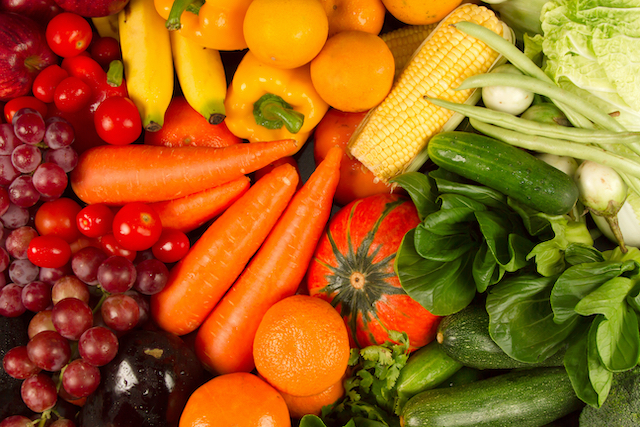
Iceland may not be the first place you think of when considering food sustainability, but it is actually a world leader in this field.
These days, sustainability is a big topic in the culinary world. Consumers want to know where the food they buy is coming from. Green agricultural practices are starting to develop and be used by farmers. And farm-to-table dining emphasizes the use of locally sourced ingredients to create the best-tasting dishes. Iceland may not be the first place you think of when considering food sustainability, but it is actually a world leader in this field.
Green Agriculture
Iceland is commonly thought of as a land ill-suited to agriculture. Despite the richness of the volcanic soil on the island, only 1% of the land can be used for traditional agriculture. And yet, Iceland produces over half of all the vegetable produce consumed in the country each year, and it does so with 100% renewable energy. How is this case? Icelandic farmers rely on greenhouse farming, which is heated and powered by readily available geothermal energy. They grow 100% organic produce, meaning there is no use of chemicals or pesticides during the growth process. The farmers will even introduce insects into their greenhouses to manage pests naturally. This creativity has shown that green agricultural practices can be applied anywhere in the world.
Culinary Practices
Icelandic cuisine has always been influenced by fresh, locally sourced ingredients. Because of its isolated location, the people often had to make do with what nature provided them. These days, the Icelandic culinary scene has really taken these concepts to a new level. Many Icelandic chefs specialize in the preparation of locally sourced raw ingredients. Seafood is fresh and used heavily in both traditional cuisine as well as fusion restaurants.
Food Recycling – Future Kitchen Project
Recycling is a major deal for the Icelandic people, and there is a comprehensive program dedicated to encouraging recycling throughout the island. From plastic and glass to food waste, the constant emphasis on minimizing waste is a point of pride for the Icelandic people. One of the ways Iceland is leading the way in eliminating food waste is through the Future Kitchen project from MATIS, a food R&D institution in Reykjavik. This project takes parts of fish that would usually be discarded during food preparation and uses them to make cod mince. The project team then uses 3D printing technology to transform that mince into high-end food products for use at top restaurants.
Explore the World with AESU!
Are you ready to plan an adventure of a lifetime? AESU offers unique, thrilling travel programs for college students and young professionals at affordable rates. Each trip is action-packed and informal—designed just for people your own age. We are also able to design custom tours just for your group.
Experience an exhilarating adventure in 2022 on the Cosmopolitan, Great Escape, Greek Island Hopper tour, and more! 2022 tour dates are now available! If you have any questions or want help booking your next adventure, please contact AESU by calling 800-638-7640, or fill out the contact form found on our website. Follow AESU on Facebook, Twitter, Instagram, LinkedIn, and Pinterest.
